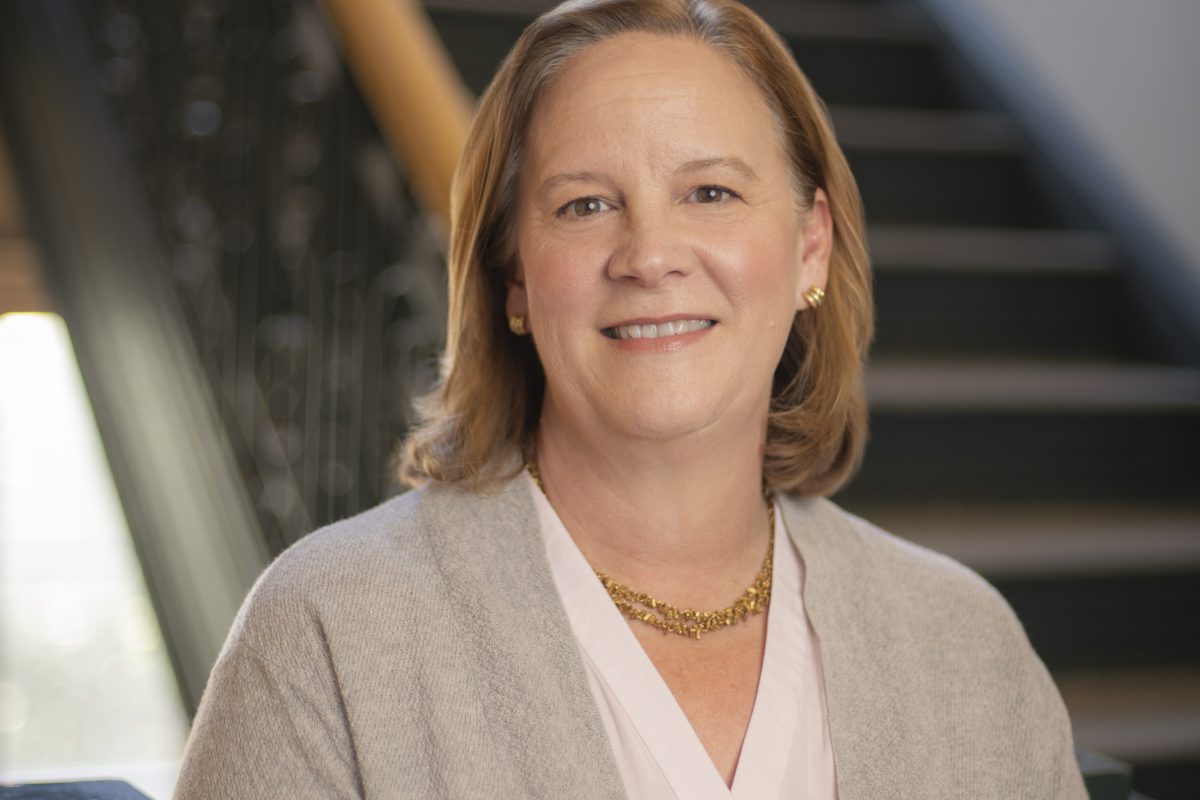Some version of the question “Why liberal arts?” comes to me almost every day. I always have an answer. The problem is that I often have multiple answers, and those answers are sometimes in tension with each other.
Decades studying labor economics makes it natural for me to point out that a degree in the liberal arts, particularly at a top university like UT Austin, is good preparation for a career. The median American worker earns approximately $54,000 a year. Recent cohorts of our graduates reach that earnings level within just a few years of graduation, and then their earnings keep rising. This is because, first, UT Austin is a highly selective institution, and our students are exceptional when they arrive here. Second, once students are here, we train them in rigorous, nuanced, analytical thinking.
In humanities courses, they read difficult novels or primary-source materials and discern submerged themes and motivations. In philosophy classes, they apply techniques of formal logic to fundamental questions of language, morals, and existence. In government, sociology, and anthropology classes, they tease out the structures of politics, society, and culture. In language and linguistics classes, they delve into the buried structures of language itself. From work in quantitative social science, digitally-based humanities, and interdisciplinary programs and courses, they acquire technical skills. This is all precisely the kind of training that produces the intellects that our labor markets seek and reward, and is why salary data for liberal arts graduates, in every sector of the economy, tells a compelling story.
But it’s not only about the money. It’s not even only about the skills. A liberal arts education is about so much else of what makes life worth living. It is an opportunity for students to read the best and most beautiful things that have been written across time and space. It’s an opportunity to better understand why our societies—our very selves—are the way they are, and how they change over time and in response to what forces and incentives. We study the liberal arts in order to light up the world from within, to see it from a new perspective, adding details and layers and colors that we didn’t see before.
A liberal arts education is both things: It’s a practical preparation for a flourishing career and an immersion in the big questions of life and the world. It’s the right answer to a host of questions. Anxious parents want to know that their kids won’t be under-employed because they decide to study philosophy (they won’t). Friends and alumni whose lives were changed by an undergraduate literature course want to know whether we still value the teaching of great literature for its own sake (we do). Potential employers want to know that our students are well trained (they are). Faculty members want reassurance that we value their scholarship, even when it doesn’t have obvious economic benefits (we do).
As readers of our magazine, I hope you will also think about the multiple ways in which your liberal arts education has been valuable to you. Has it helped in your career? Does it have nothing to do with your career, but has enriched your life in other ways? Both? Neither?
Whatever your answer, I hope you will seek out opportunities to engage with others on the question. Listen, argue, reflect, be candid, be humble, be curious. In doing these things, you’ll not just be an advocate for the liberal arts, but an exemplar of what is special about seeing and living in the world with the benefits of a liberal arts education.
All the best,

Ann Huff Stevens
Dean, College of Liberal Arts
David Bruton Jr. Regents Chair in Liberal Arts
